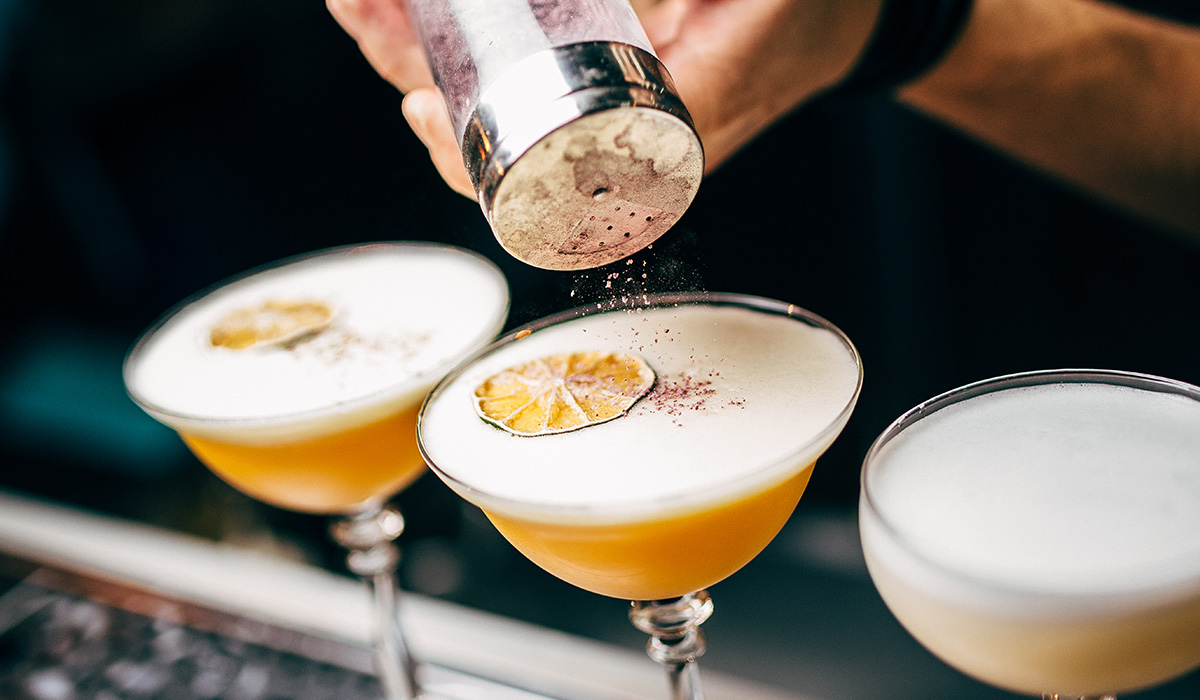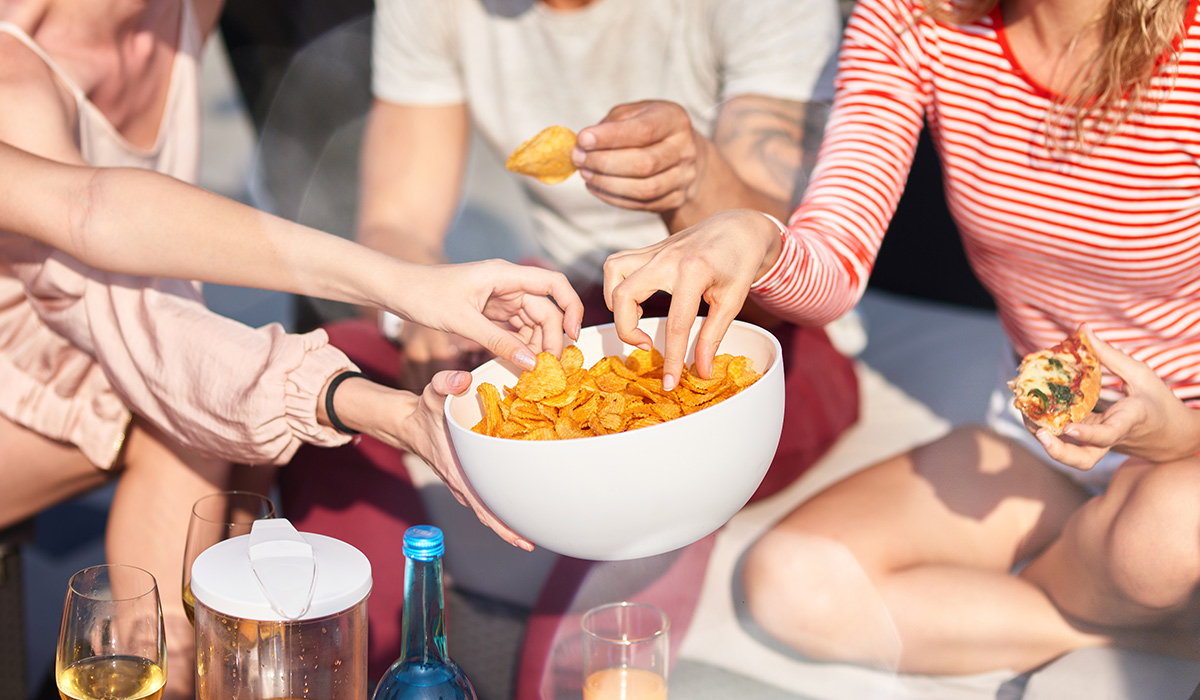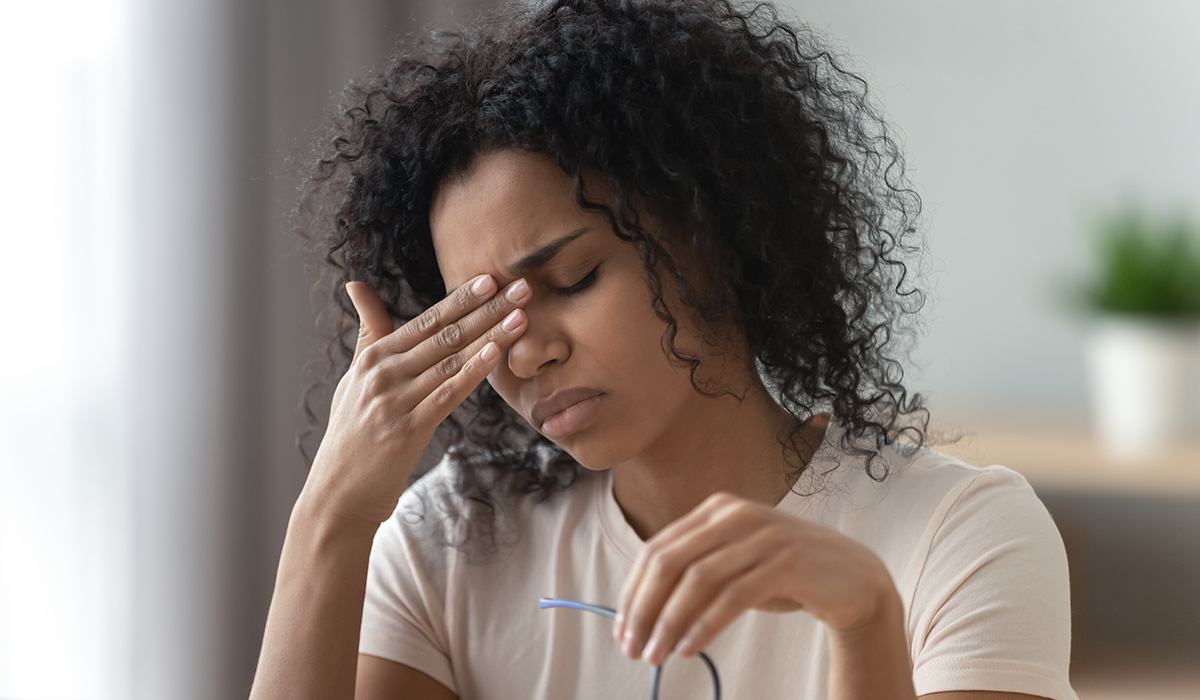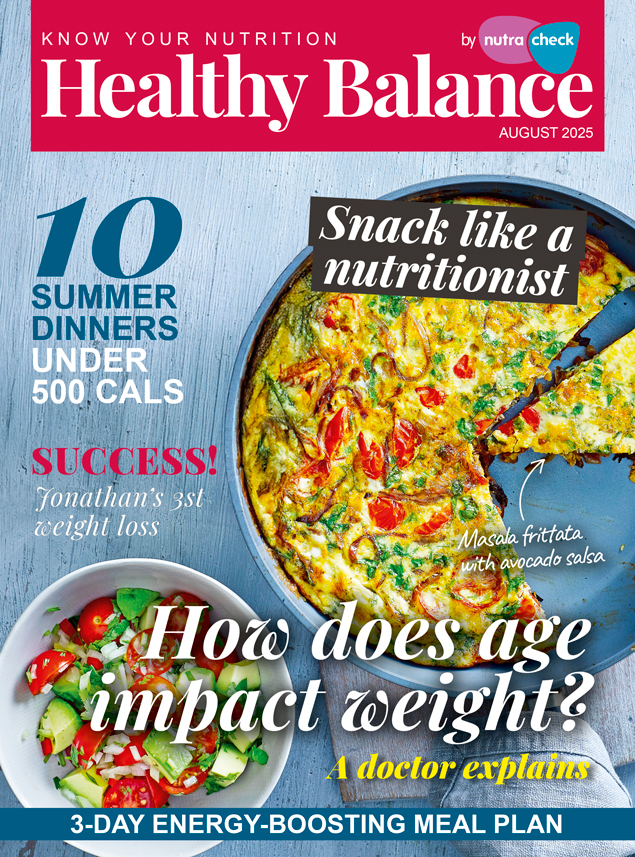Can you drink alcohol AND still lose weight?
Beth Furness - Assistant Nutritionist
Most of us already know that drinking too much alcohol isn't great for our health, having been linked to liver and heart issues. Alcohol can also have a big impact on our weight—and not just in the way you might think. Here are 6 surprising ways your favorite drink could be holding you back from reaching your goals.

They're 'empty' calories
Gram for gram, alcohol provides about 7 calories. That’s second only to fat (9 calories per gram), and nearly double the calories of protein and carbs (both 4 calories per gram). Many fat sources also offer nourishment—for example, olive oil is high in calories, but the unsaturated fats provide essential fatty acids and support heart health. When it comes to alcohol, though, our bodies don’t get any nutrients or health benefits (actually, quite the opposite), so the energy it provides is considered 'empty.' If it weren’t for the taste or the social aspect, alcohol would probably be a complete waste of calories!

They're often packed with sugary extras
When we talk about 'alcohol,' we actually mean ethanol—the specific type of alcohol molecule we consume. Of course, we don’t drink pure ethanol (it would be deadly)—even the strongest liquors top out at around 40% ABV, meaning 40% of the liquid is ethanol. Usually, we drink alcohol in the form of beer, cider, wine, cocktails, or spirits mixed with other ingredients. These drinks often include flavorings—and a lot of sugar. Thanks to these sweet additions, many of our favorite cocktails and drinks pack a serious sugar punch. Even a pint of popular fruity cider might only be 4% ABV (so it seems like a lighter choice alcohol-wise), but still contains 25.6g of sugar—that’s over 5 teaspoons!

It messes with your sleep
Alcohol is a depressant, which means it makes us feel sleepy. You might notice that a drink in the evening helps you fall asleep faster, which leads many to believe alcohol helps with sleep. But research shows the opposite is true.
A Finnish twin study found that any amount of alcohol before bed negatively affects sleep quality. Even small amounts reduced sleep quality by over 9%, moderate amounts by nearly 25%, and high amounts by almost 40%. You’ve probably woken up groggy after one too many glasses of wine—but even a single glass can significantly impact how well you sleep.
Now here’s the connection to weight loss: poor sleep affects hormones like leptin and ghrelin, which regulate hunger. Lack of rest may increase ghrelin levels (which tells us we’re hungry) and reduce leptin levels (which signals fullness). On top of that, low energy from poor sleep often leads to cravings for sugary snacks for a quick boost. You may also skip cooking a healthy meal or ditch your workout plans entirely. It all adds up—and can easily push you over your calorie limit.

It affects your judgment
Ah, the classic “I’ll just have one!”—something we’ve all said, only to end up drinking more than planned. Many of us head into social situations with the best intentions, but once we start drinking, it’s hard to stop—especially since alcohol weakens our willpower. More drinks = more calories, which could easily kick you out of your calorie deficit and undo your hard work.
And the “Oh, why not?” mindset doesn’t stop at drinks. Once the alcohol kicks in, we’re more likely to reach for chips, say yes to extra snacks, or grab fast food on the way home.

It dehydrates you
Dry mouth, pounding headache, and fatigue—all common signs of too much alcohol. These symptoms are mostly caused by dehydration.
Alcohol is ultimately a toxin, so once we consume it, our liver focuses on breaking it down and clearing it from our system. The waste products from this process are expelled through urine. Alcohol is a diuretic, which explains why you might find yourself making frequent trips to the restroom while drinking. The more often you go, the more fluids you lose—so it’s really important to stay hydrated by drinking water or non-alcoholic beverages before, during, and after drinking alcohol.
Our brains sometimes confuse thirst with hunger, so even mild dehydration can trick us into thinking we need food—leading to unnecessary snacking when we actually just need to drink more fluids.

It triggers hangover cravings
It’s not just about how alcohol affects us while drinking—it’s also what happens the next day. Hangovers are never pleasant, and when painkillers and electrolytes aren’t doing the trick, we often turn to a familiar comfort: food.
We tend to crave unhealthy foods, and there’s a scientific reason for it. Galanin, a brain neurotransmitter, increases after alcohol intake and has been shown to boost cravings for dietary fat. More galanin = more fat cravings, which leads to more galanin release—a cycle that encourages overeating. Something to keep in mind next time you’re tempted to drink—those greasy food cravings might be right around the corner.
Remember the Nutracheck mantra—it’s all about balance!
We’re big believers in living a balanced lifestyle and practicing moderation, especially when you're working toward weight loss. If you choose not to drink at all, that’s a smart and healthy choice! If you enjoy a drink now and then, that’s totally fine—just be mindful of how much you're drinking.
You can use the Nutracheck app to keep track of your alcohol intake. Monitor either units or calories with the built-in alcohol tracker. To add this to your diary, open the app, tap the blue menu button next to the search bar in your diary > Diary Preferences > Diary Trackers. Choose the alcohol tracker that works best for you (or use both!).

Nutritionist Beth Furness (ANutr), holding a BSc in Nutrition and Health, is deeply dedicated to applying evidence-based knowledge to all aspects of nutrition. Her passion lies in fostering healthy relationships with food, ensuring that everyone maintains a balanced and sustainable approach to nutrition.












